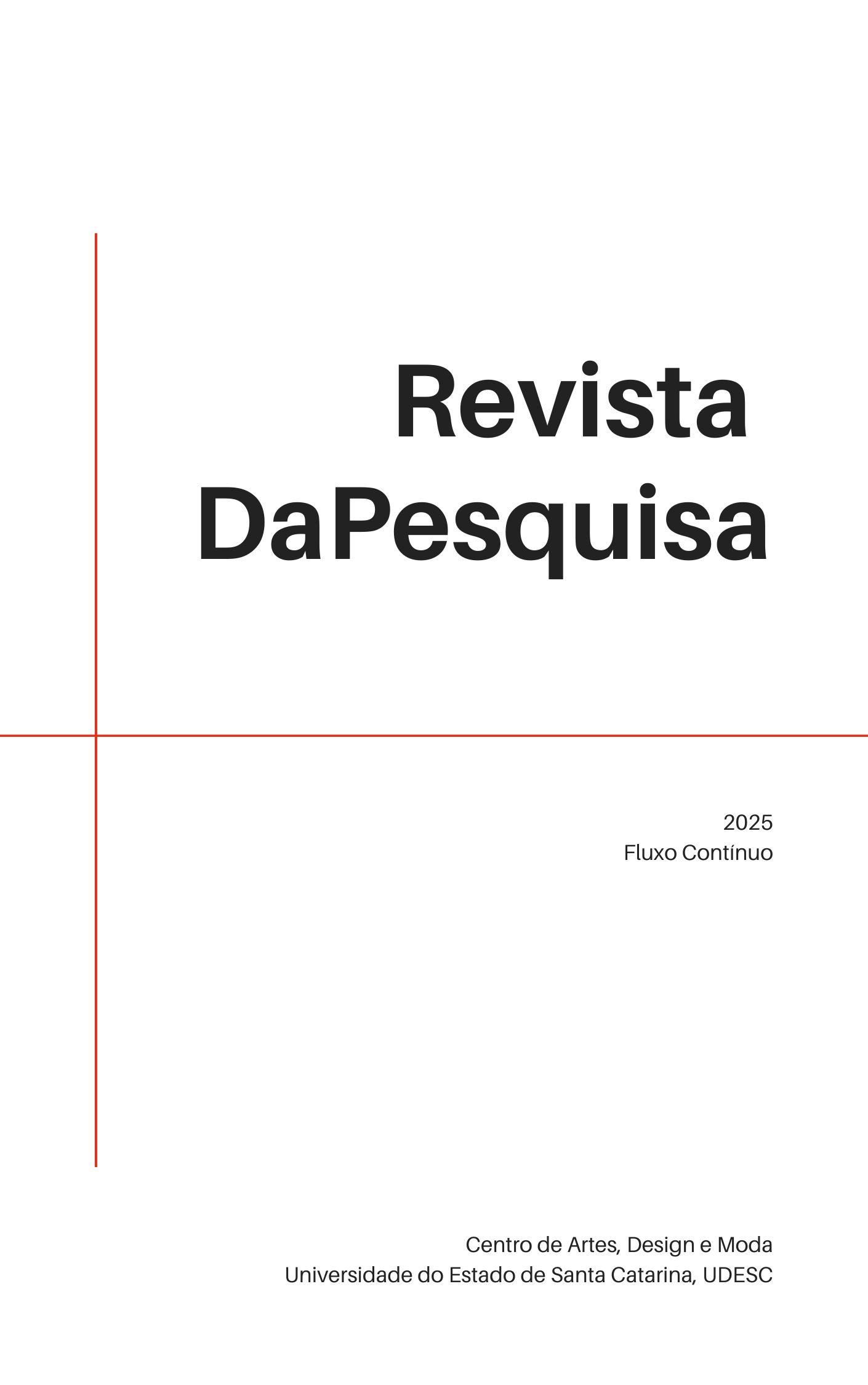Elaborações artísticas a partir de interações com a paisagem - minha participação no projeto próxima paisagem: escola de arte provisória
DOI:
https://doi.org/10.5965/18083129172025e0005Keywords:
paisagem, residência artística, habitar, Córrego do Bação, fotografiaAbstract
To perceive, represent and inhabit the landscape of Córrego do Bação, in Itabirito, Minas Gerais, Brazil: this was the invitation made by the project entitled próxima paisagem: escola de arte provisória (“next landscape: provisional art school”). The project consists of an artistic residency, where each edition brings together a group of five participants[1]. Within the context of the second edition of the residency, I was part of “next landscape” Group No. 2[2] and, like all other residents, I elaborated poetic responses to the proposition of immersing ourselves in the landscape of Córrego do Bação. In this paper, I describe four works created based on the experiences and experiments that took place with the landscape. Throughout these repeated visits to the region, intimacy, light and the act of inhabiting a space proved to be the main elements connecting the propositions that I developed.
Keywords: landscape, artistic residency, inhabiting, Córrego do Bação, photography
[1] The research project “next landscape: provisional art school” is proposed by artist, professor and researcher FT, who also forms part of the groups.
[2] The project was conducted in connection with the Institutional Scientific Initiation Scholarship Program of the Minas Gerais State University (UEMG), Brazil, under CNPq tender 04/2019. I took part in the project as a scholarship student. “next landscape” Group No. 2 is still in activity, elaborating and implementing actions to publish the resulting works. It is expected to be dissolved in December 2021.
Downloads
Published
How to Cite
Issue
Section
License
Copyright (c) 2025 Mariana Hauck, Fabíola Tasca

This work is licensed under a Creative Commons Attribution 4.0 International License.
Authors who publish in this journal agree to the following terms:
The authors retain the copyright and grant the journal the right of first publication, with the study being simultaneously licensed under the Creative Commons Attribution-Noncommercial License, which allows the sharing of work with acknowledgment of authorship and initial publication in this journal.
This journal, following the recommendations of the Open Access movement, provides public access to all its content, following the principle that free access to research leads to a greater global exchange of knowledge.
Plagiarism in all its forms constitutes unethical publication behavior and is unacceptable. The Journal DAPesquisa reserves the right to use software or other methods of detecting plagiarism to analyze submitted works.





